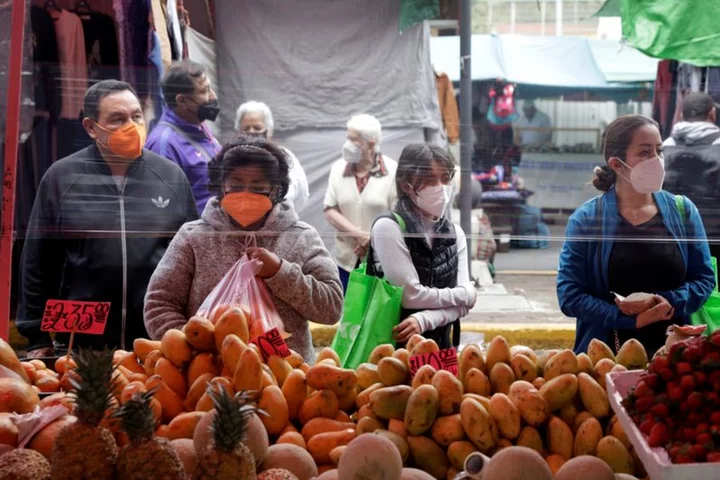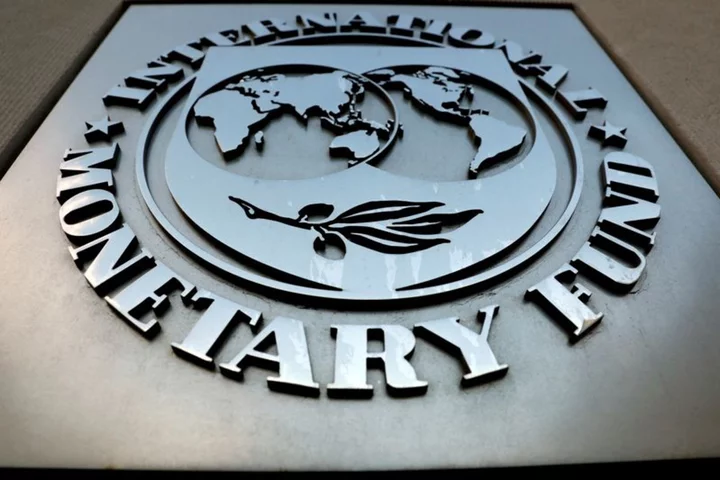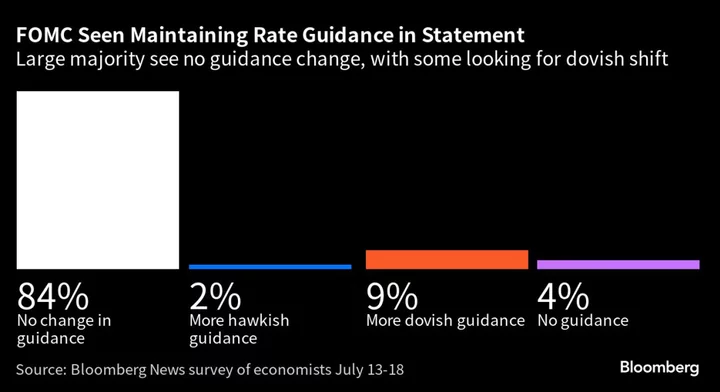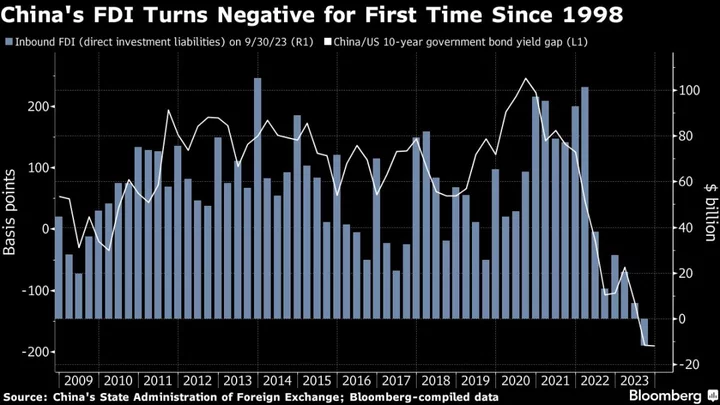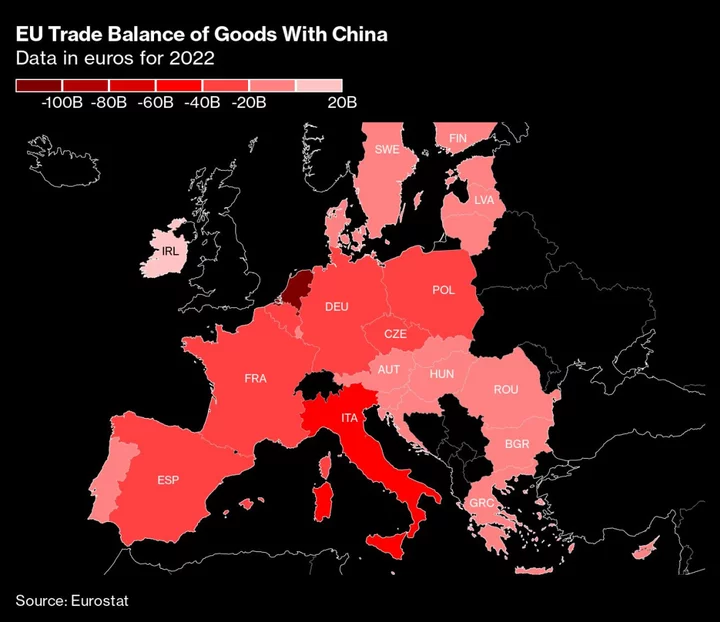By Clare Jim
HONG KONG China's financially beleaguered property developer Country Garden promised "five-star living" to the masses in less popular, smaller cities but focusing on those areas has come back to haunt it.
China's largest developer by sales value before this year, Country Garden's debt crisis has raised fears that its contagion will spread through the already sputtering economy, the world's second-largest.
Smaller Chinese cities, whose revenues have already been deteriorating, could have a glut of unfinished homes, a social problem Beijing is trying to avoid.
In 2022, Country Garden made 62% of its sales in smaller, less well-known areas that include so-called tier-three and tier-four cities such as the northern city of Dezhou and Maoming in the south. More than three-quarters of its land reserve for future development was also held in these types of cities.
But as China's economy started slowing during and after its COVID-19 lockdowns, property sales in those areas has plummeted along with values of the homes themselves.
The average new home price in the 35 smallest cities surveyed by the National Bureau of Statistics fell on a year-on-year basis for a 17th month in June.
Country Garden's sales in 2020 were 570.7 billion yuan ($78.22 billion), but that slipped to 357.5 billion yuan in 2022. Lower sales, coupled with tighter access to fresh funding in recent years worsened the cash squeeze.
"It needs at least 30 billion yuan ($4.12 billion) of sales a month to breakeven but they have been only 10 to 20 something billion yuan (a month) this year because sales in tier-three and fourth cities are very bad now," said Oscar Choi, chief investment officer of Hong Kong-based Oscar and Partners Capital Limited.
HIGH VOLUME, LOW MARGIN
Country Garden built its success by quickly selling a large number of units for low margins. Much of its scale was achieved through acquiring large, low-cost parcels of land from local governments. The multi-purpose developments it built included hotels, shops, schools, and sometimes tech parks.
In March, Country Garden Chairperson Yang Huiyan announced the firm would reduce its presence in smaller cities, after reporting a 90% drop in core profit for 2022 and a record net loss of 6.1 billion yuan. But that has seemingly come too late.
With 3,121 projects spread across all of China's provinces, the macro context of Country Garden's financial problems could be more precarious than China Evergrande Group, which has only around 800 projects, Oxford Economics said in a report.
Country Garden has nearly 1 million homes to complete, according to estimates from Japanese investment bank Nomura.
The real estate sector contributes the bulk of revenues to local governments through property taxes and land sales. In 2022, taxes provided 6.9% of local government revenues with 23.9% from sales, for a total of 30.8%, according to a report from Lu Ting, Chief China economist at Nomura.
Land sales revenues in the first half of 2023 were only 50% of those in the same period of 2021, with smaller cities more affected since they are more dependent on land sales, the bank said.
"Moreover, as housing demand in lower-tier cities deteriorates, it is likely to create a negative feedback loop that will further worsen the already deteriorating fiscal conditions," Nomura said.
The contagion fears over Country Garden's debt crisis is piling pressure on Beijing to step in, analysts said.
"Property and related sectors remain an important part of (gross domestic product), and their continued decline pulls down economic activity, as well as local government finances," said Gerwin Bell, PGIM Fixed Income's Lead Economist for Asia.
"Arresting the adverse spillovers from property will require significantly larger fiscal stimulus than the authorities have so far entertained."
($1 = 7.2957 Chinese yuan renminbi)
(Reporting by Clare Jim; Additional reporting by Liangping Gao in Beijing, Matt Tracy in Washington and Davide Barbuscia in New York; Editing by Christian Schmollinger)



